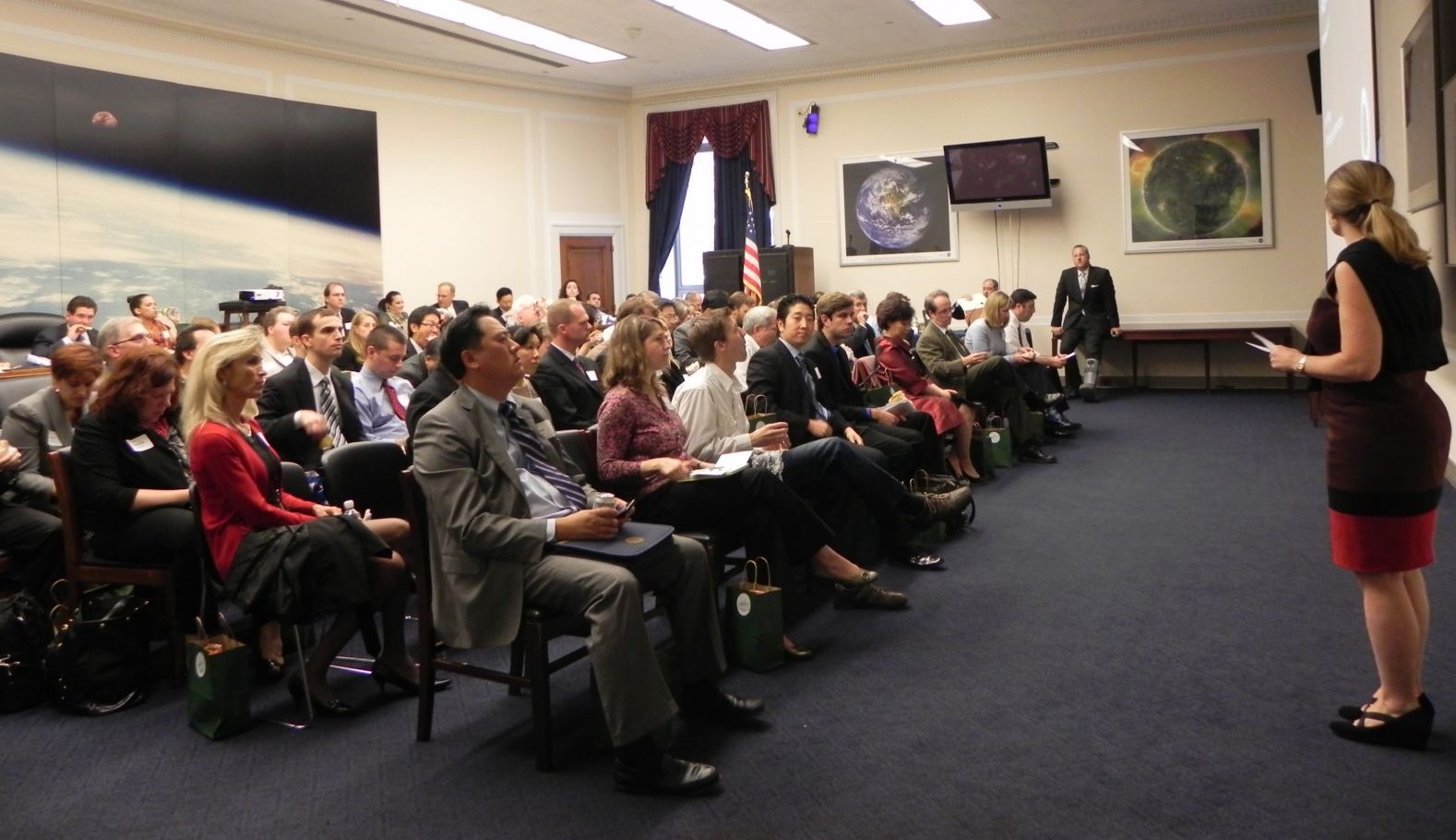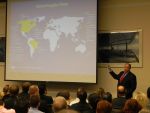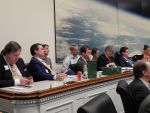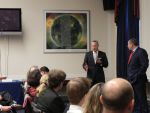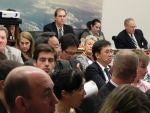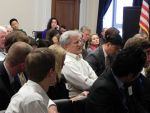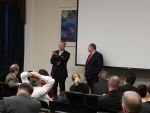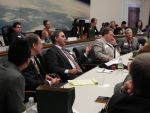Current US policies regarding nuclear energy exports reflect the realities of a bygone era, when the US held a monopoly over nuclear power technology. With the diffusion of nuclear technology and the ever-growing demand for energy throughout the world, the US must view nuclear as a policy imperative rather than merely an energy option. While projections of global nuclear energy growth vary widely, considerable nuclear construction will be necessary to meet even the most conservative estimates. Furthermore, most of the growth in nuclear power will take place in the developing world. Given these facts, it is imperative that the US ramps up its nuclear export capabilities. In doing so, the US will uphold the “gold standard” in nuclear safety and security, provide disincentives for sensitive fuel cycle activities, increase U.S. influence in nonproliferation attitudes and policies, advance safeguards by inspection and design, and lastly maintain control over the nuclear energy market. Furthermore, by setting international agreements and pacts on civil nuclear power, the US will continue to have a means to project its influence on issues such as safety, nonproliferation, and so forth. As the nuclear world becomes increasingly multipolar, it is crucial that the US promotes its technology, standards, and values.
With China, Russia, and India home to about 45 of the 68 nuclear reactors currently under construction globally, there is a huge market for nuclear energy that is independent from the US. Moreover, the supply chain for nuclear energy has become highly interdependent—the US, Brazil, Spain, Italy, South Korea, and Japan are all major suppliers of nuclear components. For the US, the challenge is to rise above the competition and establish itself as the most vital player in the world nuclear market. US nuclear energy industry has the potential to provide up to 73,000 American jobs through involvement in the construction and maintenance of nuclear facilities around the world. Currently, Westinghouse is constructing AP1000 reactors at the Sunmen Nuclear Power Station in China. These large reactor projects provide huge benefits to the US in terms of jobs and the economy. Also, while small modular reactors (SMR) create about half the jobs as standard large reactors, the percentage of US content is much higher. In order to export and supply nuclear power projects and technology to other countries, US law requires both 123 and 810 Agreements. While the 123 Agreements control physical nuclear components, the 810 Agreements involve nuclear technology and the transfer of know-how. Ultimately, both the 123 and 810 serve to enable commercial trade and to promote US nonproliferation and safety interests. However, by 2015, seven 123 agreements will expire, and it will be imperative for the US to renew these agreements so it can remain competitive. If delays occur in the renewal of these agreements, the countries involved will likely find suppliers elsewhere. As a result, the US will not only lose business, but also prominence, influence, and international confidence. US nuclear exports are critical to both national and economic security.

